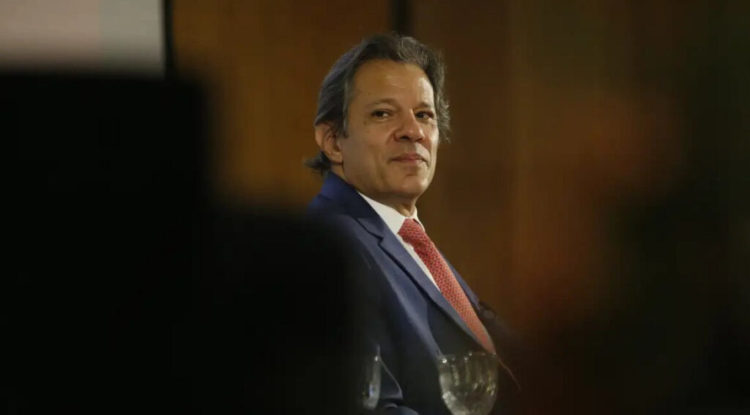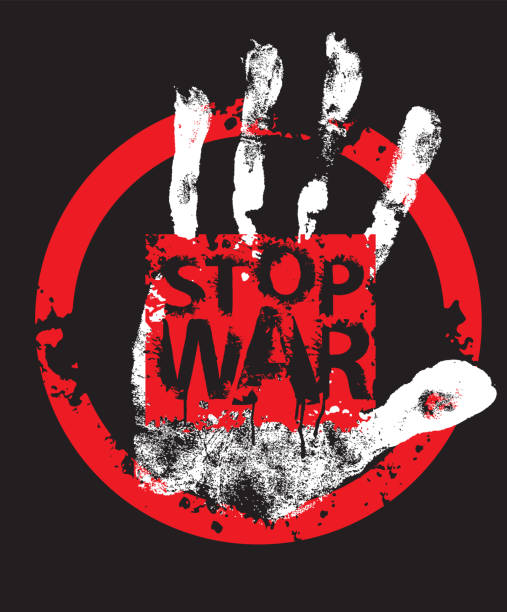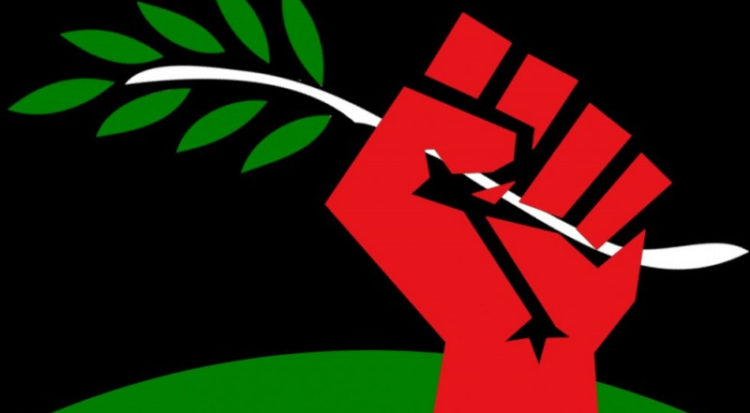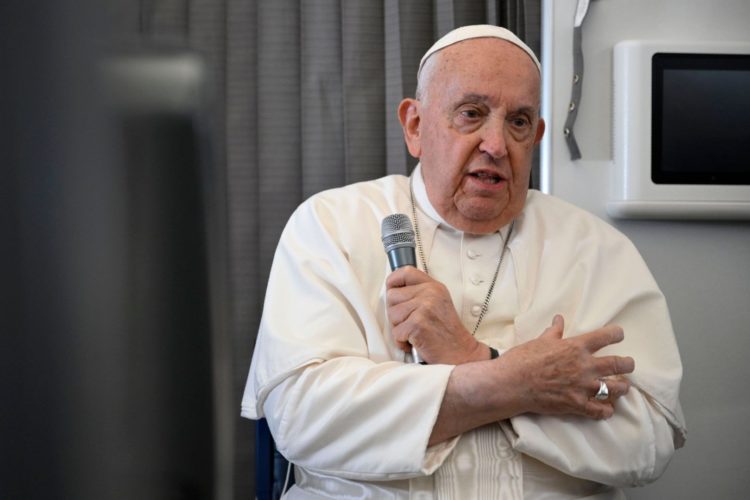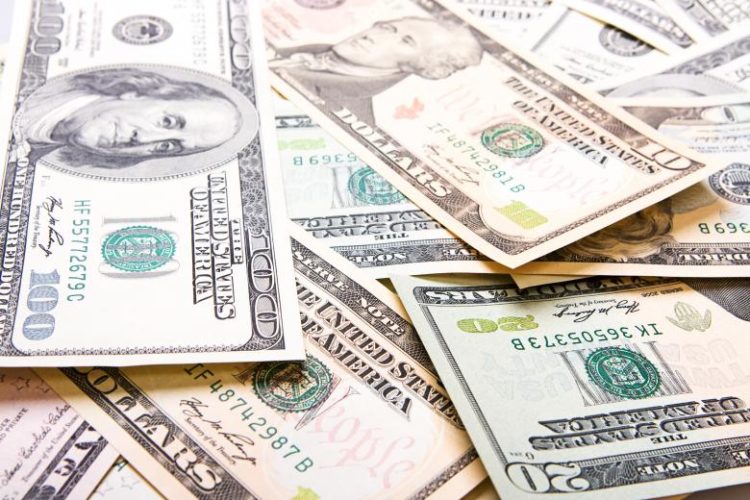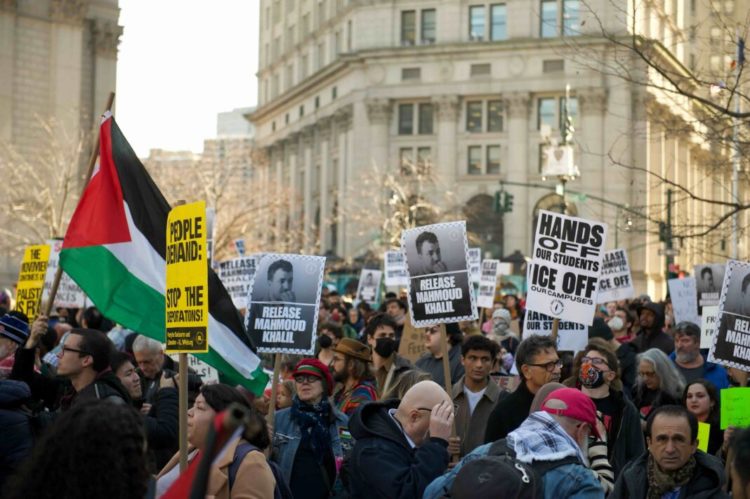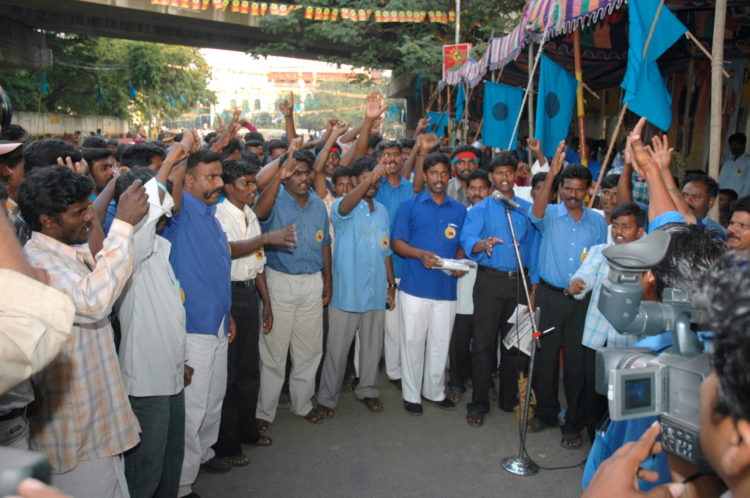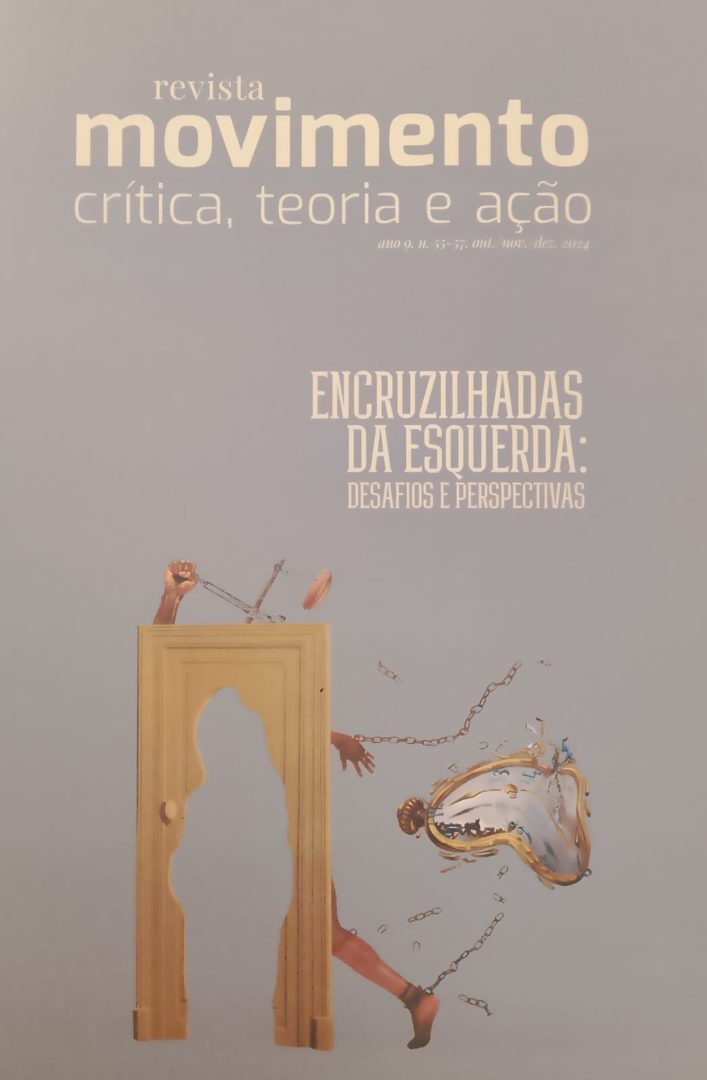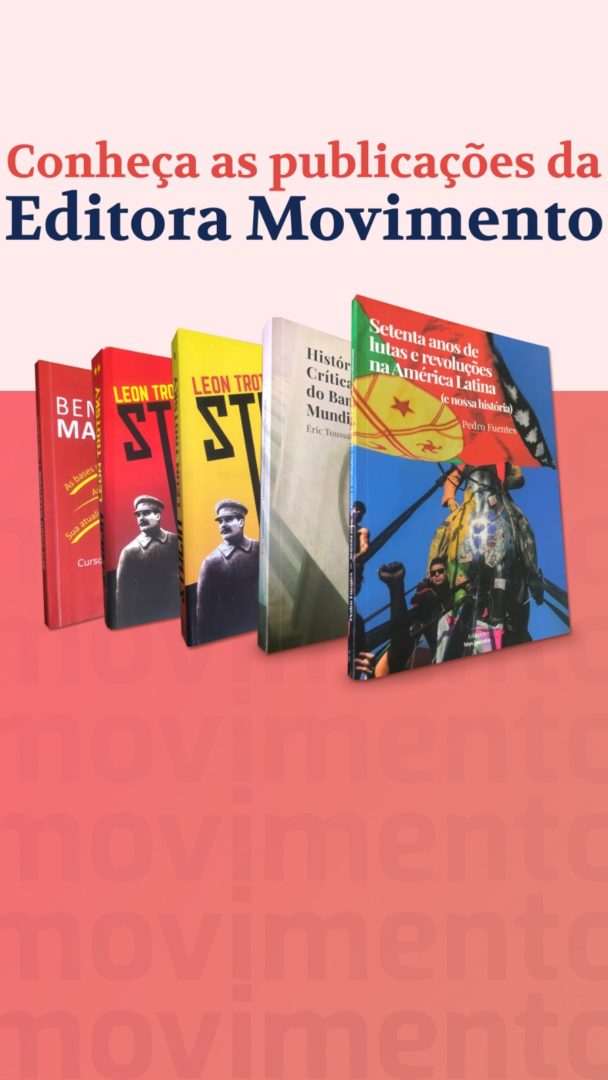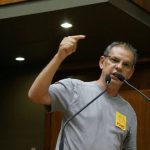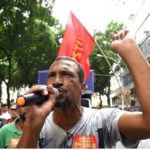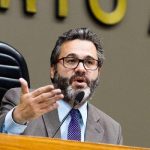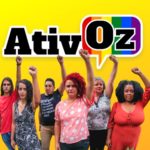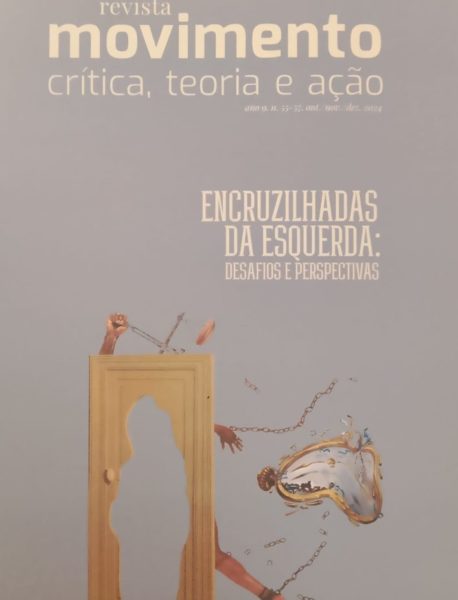Venezuela: for freedom of imprisoned workers
The persecution of the Venezuelan trade union movement is part of the deep crisis experienced by the country’s workers
The crisis generated by the government of Nicolás Maduro and the economic sanctions imposed by the U.S. and the EU have hit hard the Venezuelan working class, which has been subjected to the stripping of all its rights conquered and recovered, in good part, during the period of the revolutionary process in which the presidency was in the hands of Hugo Chávez.
Zero Wage, elimination of labor and union rights, criminalization of labor struggles, are the expression of an anti-worker policy sustained during the ten years that the current government has been in power.
This policy has been possible to carry it out and sustain it in time due to two fundamental conditions. The first is the repression, imprisonment and prosecution of workers who have fought for the recovery of wages, decent working conditions and freedom of association. More than 150 workers, including union leaders, have been prosecuted in the context of legitimate complaints and protests during the mandate of the co-government of the PSUV and the Armed Forces.
The second, and no less important, is the action of the union bureaucracies that act in response to the interests of various sectors of the bourgeoisie, be it the new “red-red” bourgeoisie or that which is agglutinated in the Chamber of Businessmen FEDECAMARAS, who congratulate the government of Nicolás Maduro for its “advances”.
Workers imprisoned for fighting are not alone
Some of the cases in which some trade unionists and rank and file workers were imprisoned after participating in peaceful protests for dollars and working conditions or denouncing corruption in State enterprises, generated a campaign in unity of action among various trade union, political and Human Rights organizations to demand their freedom. This is an important point given the weakness of the Venezuelan labor movement.
Different unitary efforts have denounced the procedural delay, the lack of evidence, the inhumane conditions of confinement and the harassment of the families of the imprisoned workers. They have also carried out actions of protest, mobilization and solidarity with the imprisoned workers, as well as with other victims of repression and human rights violations in Venezuela.
These forces that unite around the freedom of the workers imprisoned for fighting, have requested the support of national and international organizations to make visible the situation of the imprisoned workers and to pressure the government to respect their rights and achieve their freedom.
For the freedom of imprisoned workers!
It has been demonstrated that the visibility, diffusion, struggle and solidarity to end the criminalization of workers’ struggles is fundamental.
With a bitter taste for not being able to erase the bitter experience lived by more than a hundred workers deprived of their freedom just for demanding rights that are being ignored, we have celebrated the partial victory that means having managed to get out of jail workers like Rodney Alvarez, Eudis Girot, Alfredo Chirinos, Aryenis Torrealba, Franklin Gascon, Jean Mendoza, Neptali Duno, Guillermo Zárraga, just to name a few cases. In spite of this, there are still workers imprisoned and, therefore, actions for their freedom are maintained from different spaces.
In conclusion, it can be affirmed that in Venezuela the government has systematically carried out an anti-worker policy of elimination of labor rights through a harshly repressive policy.
Not content with having a trade union center at its service, whose leaders hold positions in the government, they not only act as a transmission belt for the anti-worker and adjustment measures, but are also an active part in the confiscation and criminalization of workers’ participation and struggles.
That the weakness of the labor movement in Venezuela responds to various artists, among which is the absence of union praxis towards the base for more than two decades on the part of the same union bureaucrats agglutinated today in the CSBT or the union arms of the bosses’ parties that introduce in the midst of the struggle axes that only respond to their interests.
It is also a weakness resulting from a de facto prohibition on the part of the government to create and update independent unions.
That the imprisonment of union leaders or workers who try to organize or raise their voices is used by an authoritarian government to serve as an “exemplary action” to demobilize the rank and file.
That the workers in Venezuela need international left organizations to join in actions that can add forces to the extremely weakened Venezuelan workers’ movement.
And finally, if we closely observe the entire economic policy of the Venezuelan government, its privatization policy, the sale of the country, the surrender of sovereignty, the negotiations with the Chamber of Commerce, among other neoliberal measures, it cannot be denied that Venezuela is a Psis for sale whose “best offer” is a cheap labor force, the flexibilization of labor to the point of not having a minimum wage, social benefits or any labor rights. Cheap labor, an unstructured, impoverished and harshly repressed working class.
Freedom for the imprisoned workers
Immediate recovery of a salary that covers the basic food basket.
For the recovery of all confiscated labor rights.
For the freedom of autonomous and independent organizations
International Solidarity for the workers in Venezuela

